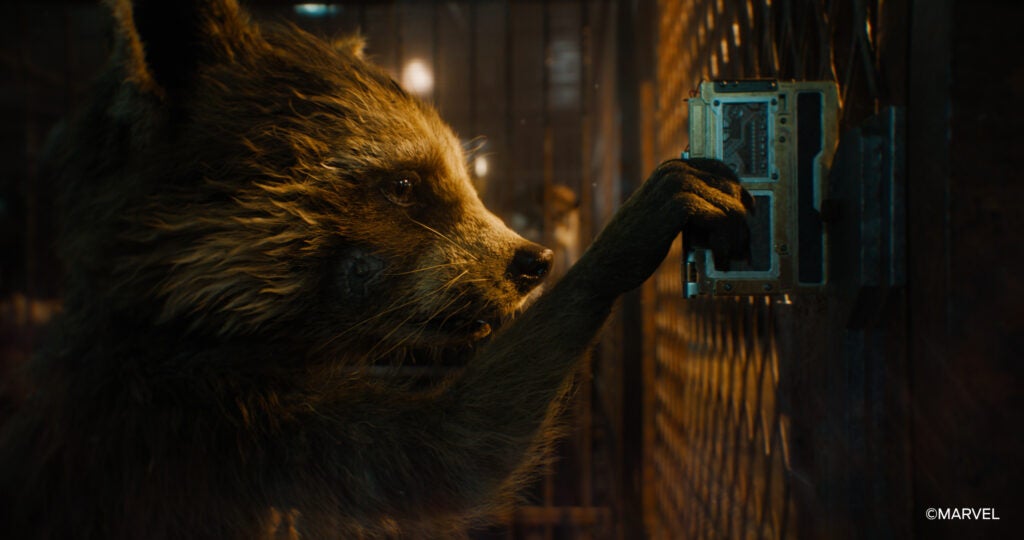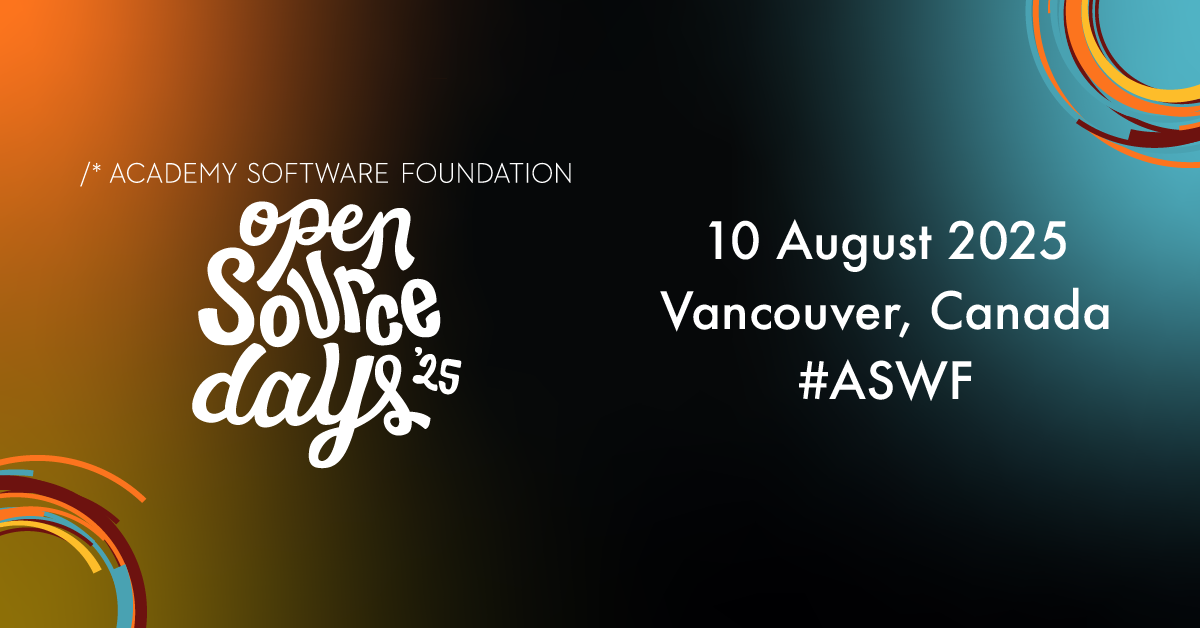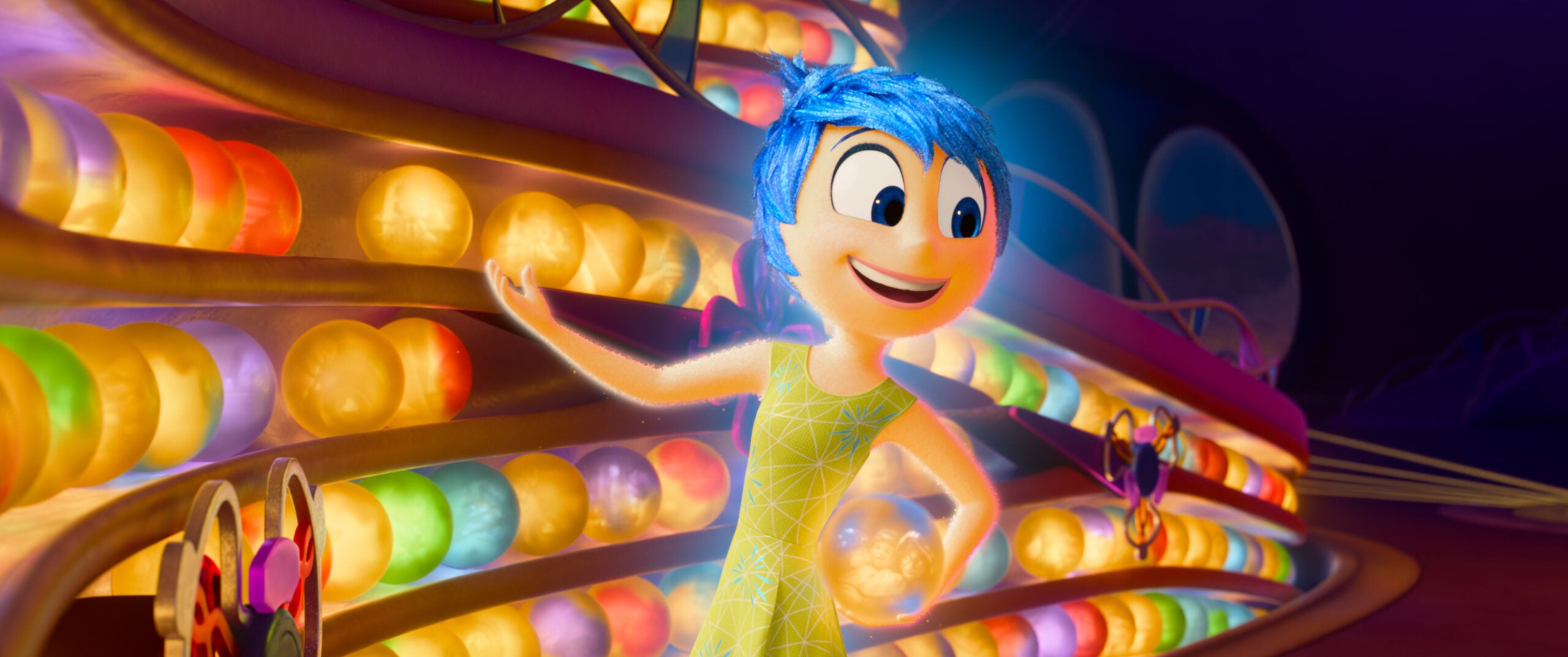
This year’s industry awards, from the Oscars to the Emmys to the BAFTAs and beyond, have recognized a range of eye-popping VFX-driven and animated stories. In film, some of the nominated projects include the futuristic sci-fi battles of The Creator, the multi-colored multiverses of Spider-Man: Across the Spider-Verse, the death-defying action of Mission Impossible: Dead Reckoning Part 1, the historic war stories of Napoleon and Oppenheimer, the superhero antics of Guardians of the Galaxy Vol. 3, and the shape-shifting mysteries of Nimona. On the small screen, nominated projects range from the dystopian zombie saga The Last of Us (Season 1) to the time-traveling adventures of Loki (Season 2).
The Academy Software Foundation is proud to recognize our member companies who contributed to these films and series, and all those who utilized open source projects to bring the visuals to life!
- DNEG worked on Nimona, Oppenheimer, and The Last of Us. The studio’s proprietary in-house tools, used across all projects, utilize OpenColorIO, OpenTimelineIO, and OpenImageIO.
- Framestore worked on both Guardians of the Galaxy Vol. 3 and Loki. OpenEXR, OpenVDB, OpenImageIO, and OpenColorIO were used on both.
- ILM worked on The Creator, Napoleon, Guardians of the Galaxy Vol. 3, and Mission Impossible: Dead Reckoning Part 1. The studio utilized many open source projects on all films, including OpenEXR, MaterialX, and USD.
- Pixar worked on Elemental, which utilized USD, OpenTimelineIO, OpenEXR, OpenColorIO, OpenVDB, and Open Shading Language.
- Sony Pictures Imageworks worked on both Spider-Man: Across the Spider-Verse and Guardians of the Galaxy Vol. 3. Open Shading Language, OpenColorIO, OpenCue, OpenEXR, OpenVDB, OpenImageIO, and Rez were used on both films.
- Wētā FX worked on Guardians of the Galaxy Vol. 3, The Last of Us, and animated short film War is Over! Inspired by the Music of John & Yoko. These productions each utilized OpenColorIO, OpenEXR, OpenVDB, and OpenImageIO.
In addition, we’re thrilled to see many members of the open source community honored at this year’s Academy Scientific and Technical Awards. For OpenVDB, Ken Museth, Peter Cucka and Mihai Aldén received the Scientific & Engineering Award (Academy Plaque) for their work on the creation of OpenVDB and its ongoing impact within the motion picture industry. Additionally, Jeff Lait, Dan Bailey and Nick Avramoussis received the Technical Achievement Award (Academy Certificate) for their work to continue OpenVDB’s evolution and expansion. The Academy also awarded F. Sebastian Grassia, Alex Mohr, Sunya Boonyatera, Brett Levin and Jeremy Cowles with a Scientific & Engineering Award (Academy Plaque) for the design and engineering of Pixar’s Universal Scene Description (USD). Lastly, Lucas Miller, Christopher Jon Horvath, Steve LaVietes, and Joe Ardent received the Technical Achievement Award (Academy Certificate) for their creation of the Alembic caching and interchange system.
Congratulations to everyone for their innovation and achievements this awards season! Be sure to stay up to date on the latest news and learn more about contributing to our various open source projects here: https://www.aswf.io/projects/.



